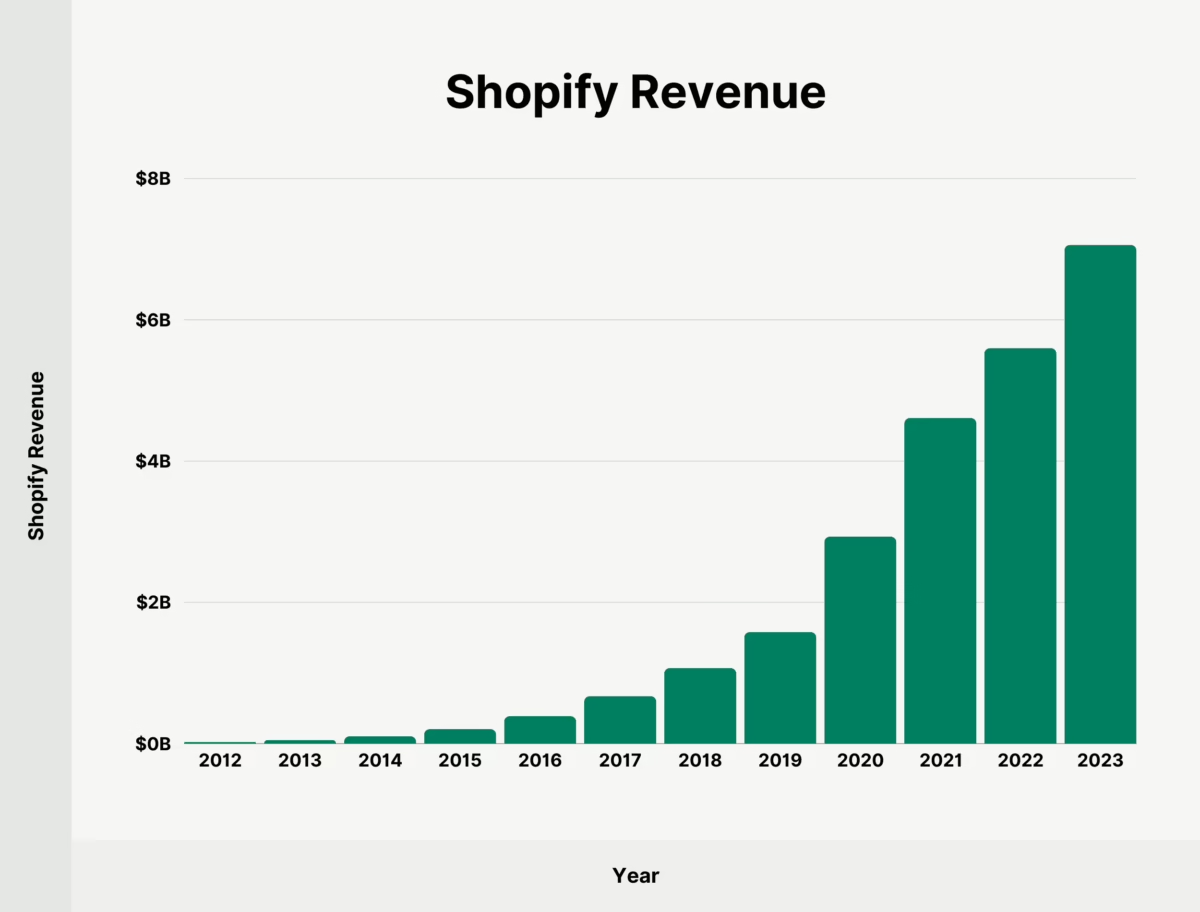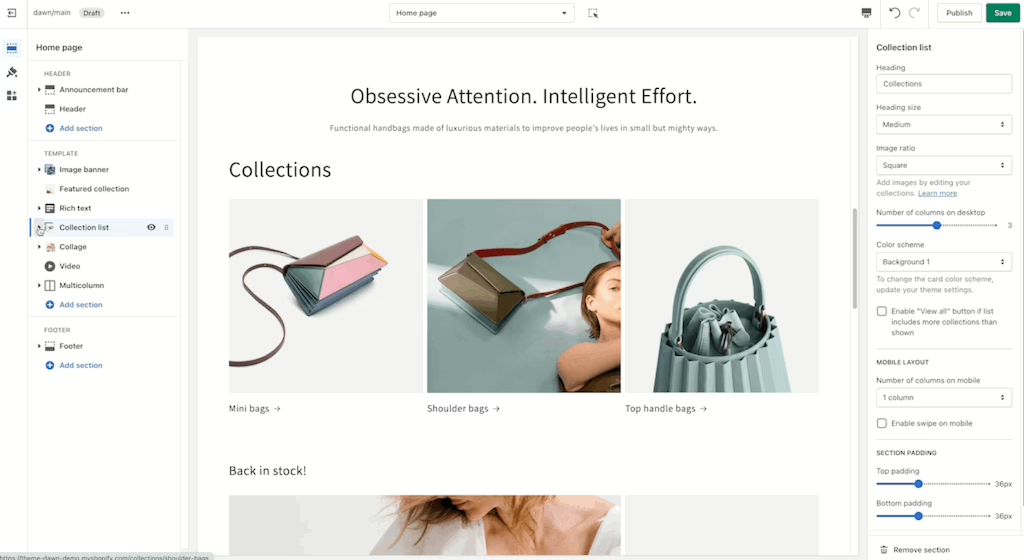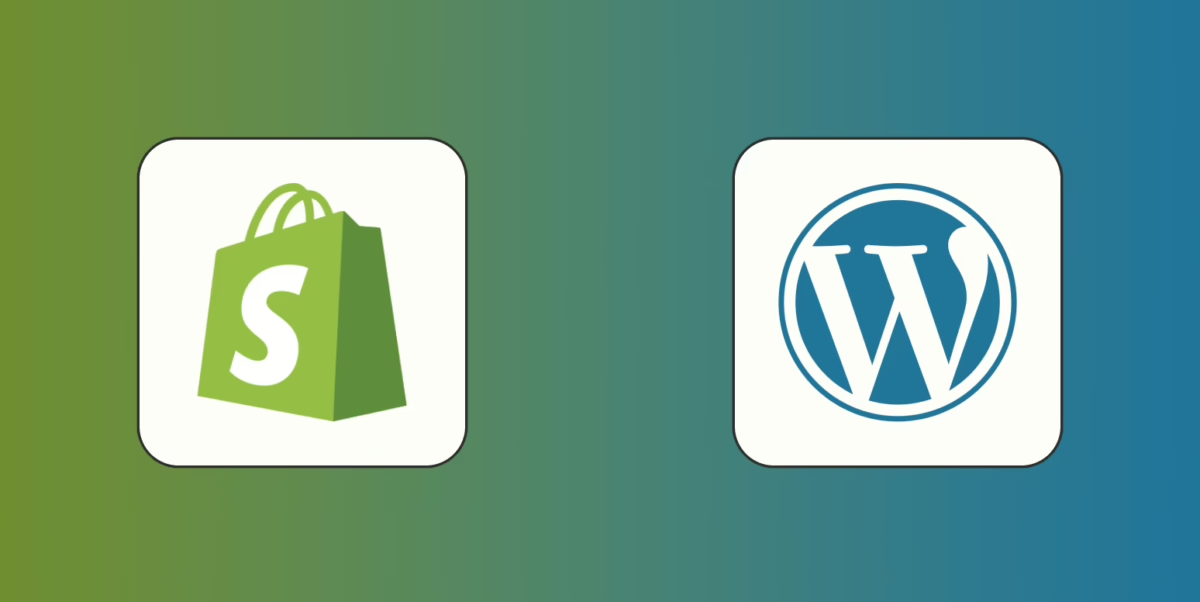WordPress has long been a dominant force in content management systems, powering a significant portion of websites worldwide. However, the e-commerce industry has seen substantial growth, with platforms like Shopify emerging as leaders. As of 2024, Shopify hosts over 2.4 million live stores, reflecting its rapid adoption among businesses globally. This raises an important consideration: should WordPress developers expand their expertise to include Shopify?
The rise of Shopify in e-commerce
Shopify’s growth trajectory has been remarkable. In 2023, the platform generated over $7 billion in revenue, marking a significant increase from previous years. This surge is likely attributed to its user-friendly interface, comprehensive features, and robust support system, making it an attractive choice for businesses aiming to establish an online presence.

WordPress / WooCommerce vs. Shopify: key differences
Understanding the distinctions between WordPress and Shopify is crucial for businesses considering this transition.
Coding Requirements: WordPress primarily utilizes PHP, offering extensive customization but often requiring advanced coding skills. In contrast, Shopify employs Liquid, a templating language designed for simplicity and security, reducing the need for complex backend development.
Design Approach: WordPress provides flexibility with themes and plugins, allowing for highly customized designs. Shopify, while also customizable, offers a more streamlined approach with pre-designed themes that can be tailored to specific needs, focusing on a cohesive user experience.
Ecosystem: Both platforms have vibrant ecosystems. WordPress boasts a vast array of plugins for various functionalities, whereas Shopify’s App Store offers numerous applications specifically geared toward enhancing e-commerce capabilities.
Shopify might be a great fit for your business
Several factors make Shopify an appealing platform:
- All-in-One Platform – Hosting, security, updates, and support are included, reducing the need for third-party services.
- Ease of Use – Intuitive interface and simple setup mean you don’t need to be tech-savvy to manage your store.
- Faster Launch Time – Sometimes you can see a faster launch time for Shopify stores, when using pre-built templates and not doing any custom design to your templates. Get your store live quickly with ready-to-use themes and built-in tools.
- Reliable Performance – Fast, secure hosting and automatic backups ensure consistent uptime and customer trust.
- Fewer Technical Headaches – No need to manage plugins, server issues, or software updates yourself.
- Integrated Payments – Shopify Payments and a variety of gateways make transactions smooth and easy.
- Professional Themes – Mobile-friendly, optimized designs help you look polished from day one.
- Scalability – Built to grow with your business, whether you’re selling 5 products or 500.

When would WooCommerce be a better fit instead of Shopify?
Each e-commerce platform obviously has their own pros and cons. Here are some reasons you might want to consider WooCommerce instead of Shopify:
- More Design & Functionality Flexibility – Built on WordPress, WooCommerce allows for extensive customization through themes, plugins, and custom code.
- Better for Content-Heavy Sites – If your site relies heavily on blogging, SEO, or content marketing, WordPress offers more robust tools.
- No Monthly Platform Fees – WooCommerce itself is free, and costs can be more controlled with selective use of hosting and plugins.
- Full Ownership & Control – You own your site, files, and data outright without being tied to a proprietary platform.
- Wider Plugin Ecosystem – Thousands of plugins are available for nearly any feature or integration you can think of.
- Ideal for Developers or Tech-Savvy Teams – If you have in-house dev support or technical experience, WooCommerce offers more backend control.
- Multi-Site or Multi-Use Needs – Better suited if you’re combining e-commerce with other types of sites (like membership platforms, forums, etc.).
How to make the right decision for your business
At the end of the day, the right platform for your business depends on your specific goals, resources, and technical needs. Shopify offers a powerful, user-friendly solution that simplifies e-commerce for business owners who want to focus on selling without worrying about technical upkeep. It’s ideal for those looking for a quick, reliable, and scalable way to get online. On the other hand, WooCommerce shines when flexibility, deep customization, or content-driven strategies are a priority—especially if you have the technical support to manage it.
Our experienced e-commerce developers and marketers here at FirstTracks Marketing can help you decide what is going to be best for your business. Whether you choose Shopify or WooCommerce, making an informed decision now can save you time, money, and stress down the road. Reach out to us today by calling 603-924-1978 or fill out our short online form and we can help you figure out the best plan for your website.


